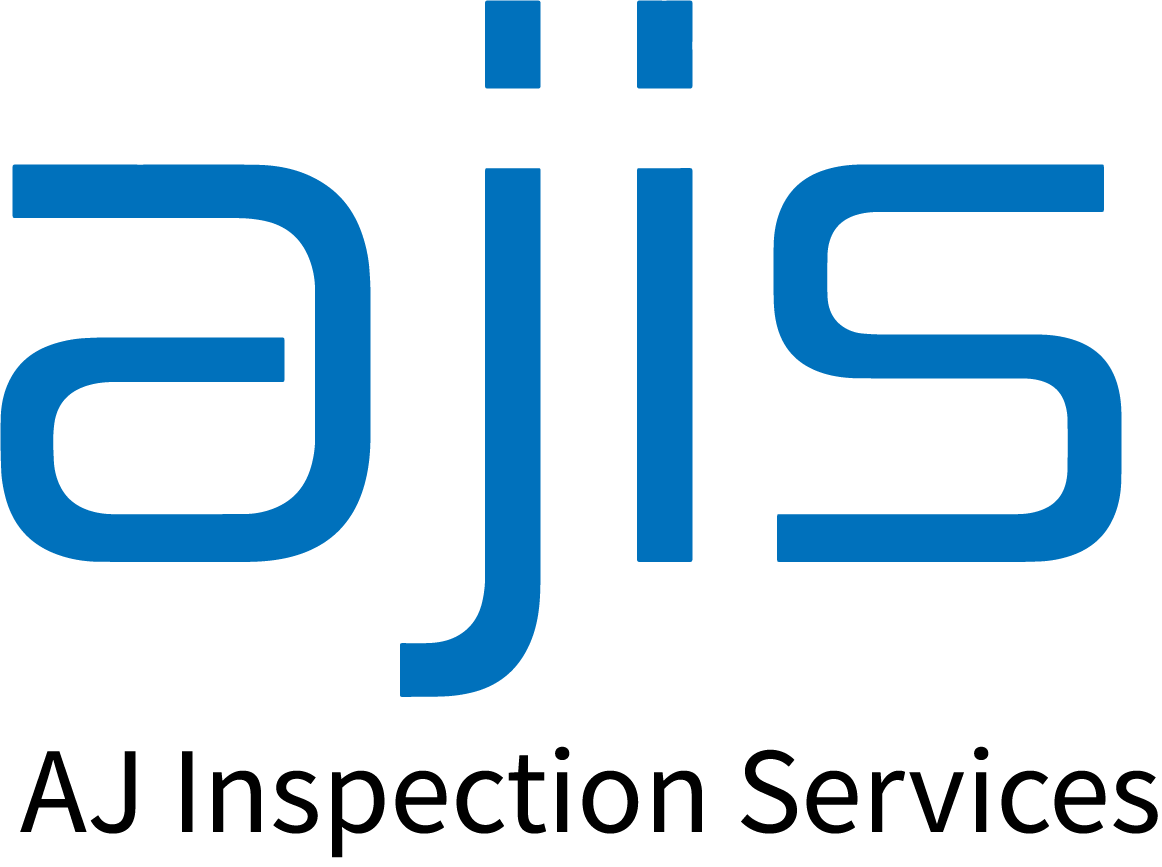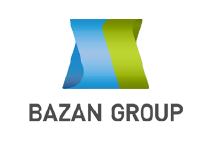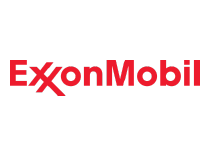Vendor Quality & HSE Auditing
The energy industry, which encompasses sectors such as oil and gas, petrochemical, and renewable energy, plays a vital role in powering the global economy. With the increasing demand for energy and the need to ensure safety and environmental responsibility, it is crucial for companies in this industry to implement robust Quality and Health, Safety, and Environment (HSE) management systems.
One effective way to verify the implementation, maintenance, and updating of these systems is through ad hoc audits conducted by certified auditors. In this article, we will explore the significance of Quality and HSE audits in the energy industry and how they contribute to the overall success and sustainability of companies operating in this sector.
1. Understanding Quality and HSE Management Systems
Before delving into the importance of audits in the energy industry, it is essential to have a clear understanding of Quality and HSE management systems. Quality management systems, based on standards such as UNI EN ISO 9001, focus on ensuring that products and services consistently meet customer requirements and regulatory standards. On the other hand, HSE management systems, based on standards like UNI EN ISO 14001 and BS OHSAS 18001, aim to protect the environment, prevent occupational hazards, and promote employee health and safety.
These management systems typically consist of documented policies, procedures, and manuals that guide companies in achieving their quality and HSE objectives. However, implementing these systems is not enough; regular audits are necessary to assess their effectiveness and identify areas for improvement.
2. The Role of Audits in Verifying Implementation
Audits serve as a means of verifying whether a vendor's Quality and HSE management systems are duly implemented. They provide an objective assessment of the extent to which a company adheres to the standards, manuals, and procedures set forth in these systems. By conducting audits, companies can ensure that their processes and practices align with industry best practices and regulatory requirements.
3. The Importance of Maintenance and Update
Just implementing Quality and HSE management systems is not sufficient; they must be actively maintained and updated to remain effective. Audits play a crucial role in assessing whether these systems are being properly maintained and updated. By conducting regular audits, companies can identify any gaps or deficiencies in their systems and take corrective actions to address them. This proactive approach helps companies stay ahead of potential risks and ensures continuous improvement in their quality and HSE performance.
4. Ensuring Compliance with Standards and Regulations
The energy industry is subject to various standards and regulations that aim to safeguard the environment, protect employee health and safety, and ensure the quality of products and services. Adhering to these standards and regulations is not only a legal requirement but also essential for maintaining a good reputation and building trust with stakeholders.
Audits provide an independent assessment of a company's compliance with these standards and regulations. By conducting audits, companies can identify any non-compliance issues and take corrective actions before they escalate into more significant problems. This proactive approach helps companies mitigate risks and avoid potential legal and reputational consequences.
5. Enhancing Operational Efficiency and Effectiveness
In addition to ensuring compliance, audits also contribute to enhancing operational efficiency and effectiveness in the energy industry. Through audits, companies can identify areas where processes can be streamlined, resources can be optimized, and productivity can be improved. By addressing these opportunities for improvement, companies can reduce costs, increase output, and enhance their overall competitiveness.
6. Promoting Safety and Risk Management
The energy industry is inherently hazardous, with potential risks ranging from workplace accidents to environmental disasters. Safety and risk management are of paramount importance to protect employees, communities, and the environment.
Audits play a critical role in assessing a company's safety and risk management practices. By conducting audits, companies can identify any gaps in their safety protocols, assess the effectiveness of their risk mitigation measures, and implement corrective actions to prevent incidents and accidents. This proactive approach helps companies create a culture of safety, minimize risks, and protect their workforce and the environment.
7. Ensuring Sustainability and Corporate Social Responsibility
Sustainability and corporate social responsibility (CSR) have become increasingly important in the energy industry. Audits play a significant role in assessing a company's sustainability practices and ensuring adherence to CSR standards.
Through audits, companies can evaluate their environmental impact, assess their efforts in reducing carbon emissions, and identify opportunities for renewable energy integration. Additionally, audits help companies assess their social impact, such as community engagement, diversity and inclusion initiatives, and ethical business practices. By conducting audits, companies can demonstrate their commitment to sustainability and CSR, enhancing their reputation and attracting environmentally and socially conscious stakeholders.
8. The Role of Certified Auditors
To ensure the integrity and credibility of audits, it is essential to engage certified auditors. Certified auditors possess the necessary knowledge, skills, and experience to conduct thorough and impartial audits. They follow established audit methodologies and adhere to professional codes of conduct, ensuring the accuracy and reliability of audit findings.
9. The Future of Quality and HSE Audits in the Energy Industry
As the energy industry continues to evolve, driven by advancements in technology and changing market dynamics, the importance of Quality and HSE audits will only increase. Companies will need to adapt their management systems and audit processes to address emerging risks and challenges.
The integration of digital technologies, such as data analytics and artificial intelligence, will revolutionize the audit process, enabling more efficient and effective assessments. Additionally, the shift towards renewable energy sources will require audits that focus on new environmental and sustainability metrics.
Quality and HSE audits are of paramount importance in the energy industry. They provide companies with a means to verify the implementation, maintenance, and updating of their management systems, ensuring compliance with standards and regulations, enhancing operational efficiency, promoting safety and risk management, and demonstrating sustainability and corporate social responsibility. By engaging certified auditors and embracing emerging technologies, companies can navigate the ever-changing energy landscape and position themselves for long-term success in this critical industry.
Interested in our services? We’re here to help!
We want to know your needs exactly so that we can provide the perfect solution. Let us know what you want and we’ll do our best to help.




